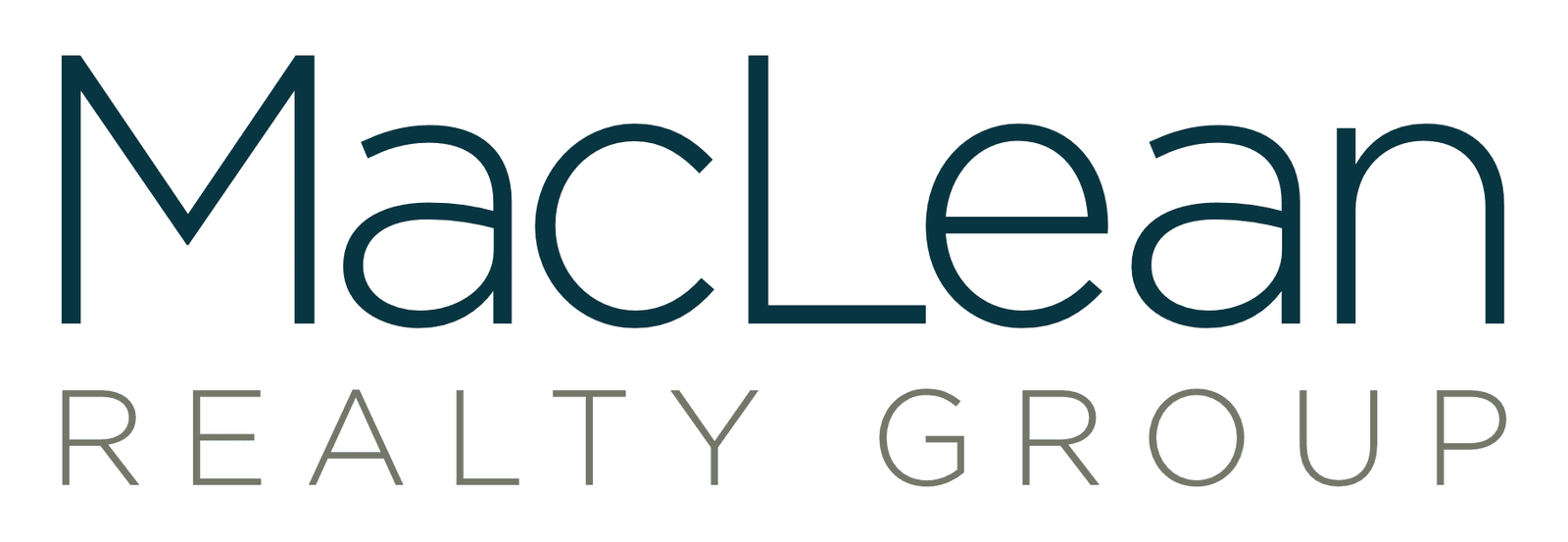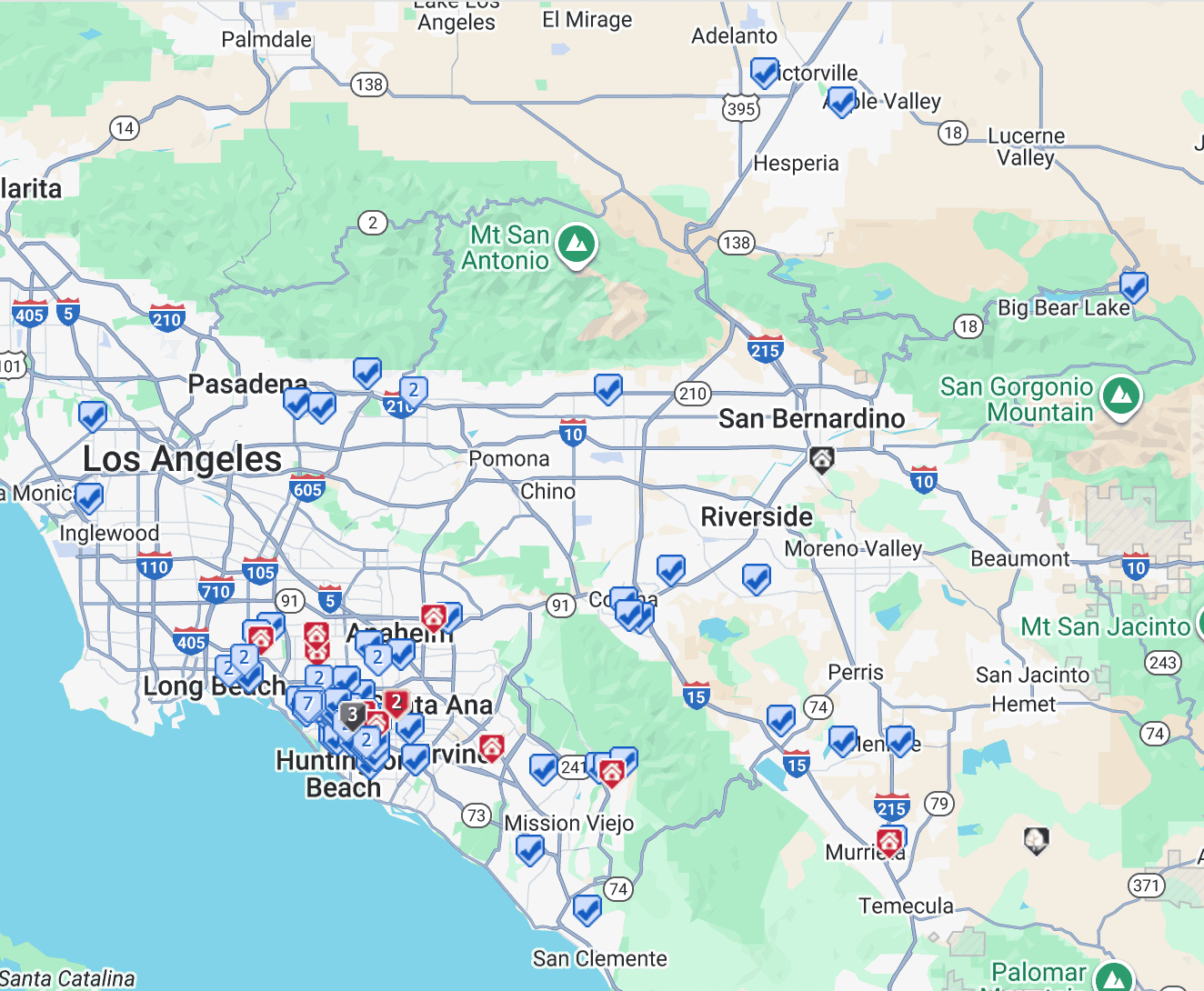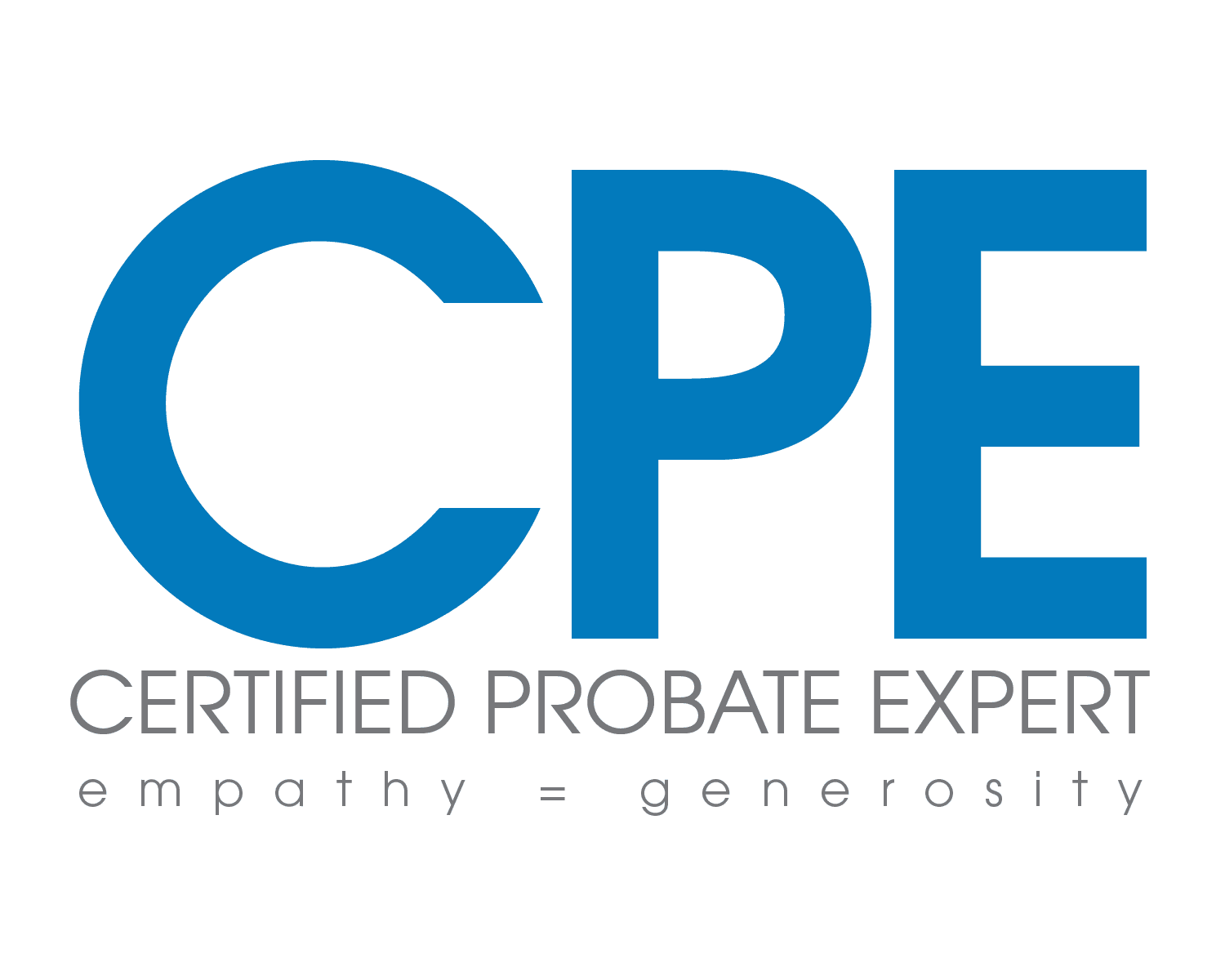Sometimes it can be quite confusing reading through all the loan and finance articles that are out there. Here is a comprehensive list that better explains what all the terms mean.
20-20 Mortgages - A variation of a 40-year mortgage, with the loan s interest rate resetting after 20 years. The loan runs 40 years and carries an initial interest rate slightly lower than a traditional 30-year loan.
40-Year Mortgages - These mortgages have payments calculated on a 40-year term, but most of them must be paid off in 30 years. Lengthening the term cuts the monthly payment, but the loan carries a slightly higher interest rate than a 30-year loan.
Agency Market - Supply and demand of mortgage securitization activity by Fannie Mae, Freddie Mac and Ginnie Mae.
Agency Securities - Specific securities that are issued by either Ginnie Mae, Fannie Mae, Freddie Mac or the Federal Home Loan Banks. They are backed by mortgage loans and these companies enjoy credit protection based on an explicit guarantee from the U.S. Government in the case of Ginnie Mae securities, or an implicit guarantee from the U.S. government in the case of Fannie Mae and Freddie Mac, giving them high ratings.
Amortized Mortgage Loans - Loans that automatically pay a portion of each monthly payment to the principal balance with the rest being paid as interest.
Alt A (Alternative A) Loans - loans to prime-credit borrowers that have some combination of nontraditional documentation, non-standard product structure, or more liberal underwriting. Alt A pools generally have higher proportions of investor loans and lower average credit scores (690 to 715) than conventional conforming or prime jumbo pools.
ARM - Adjustable Rate Mortgage - A mortgage with an interest rate and payment that changes periodically over the life of the loan based on changes in a specified index.
Asset-Backed Securities - Types of bonds or notes that are based on pools of assets, or collateralized by the cash flows from a specified pool of underlying assets. Securitization makes these assets available for investment to a broader set of investors. These asset pools can be made of any type of receivable from the common, like credit card payments, auto loans, and mortgages, to esoteric cash flows.
Asset-Backed Securities Index - The ABS index is a key point of reference for investors navigating the world of risky mortgage debt. The ABX, launched in January 2007, a credit derivative instrument, serves as a benchmark of the market for securities backed by subprime mortgages made to borrowers with weak credit.
Basis Point (often denoted as bp, bps or ) - A unit that is equal to 1/100th of 1%. It is commonly used to denote the change in a financial instrument, or the difference (spread) between two interest rates. Although it may be used in any case where percentages are used, for convenience, it is most often used when quantities in percentage points are small. It avoids the ambiguity between relative and absolute discussions about rates.
B&C (subprime) Credit ¬ - Borrower credit that generally does not meet the credit underwriting guidelines of Fannie Mae or Freddie Mac, who purchase mostly "A" credit loans. B&C credit is part of a grading system that ranges from A to D or F.
B&C Loan - See Subprime Loan
Caps - A set percentage amount by which an adjustable rate mortgage may adjust each adjustment period. Caps are usually quoted as two numbers, as in 2/6. The first number indicates how much a loan may adjust at each period, while the second number indicates how much a loan may adjust over its lifetime. Loans like the 3/1 and 5/1 adjustable which have an initial fixed period are quoted with 3 numbers, as in 2/6/3, which means that the first adjustment may be as much as 3%,
subsequent adjustments are capped at 2% each and the lifetime cap is 6%. Two-step loans are quoted with a single cap, which is the amount by which the loan may adjust in its single adjustment date.
CMBS - Commercial Mortgage-Backed Security - A type of mortgage-backed security backed by mortgages on commercial rather than residential real estate. CMBS issues are usually structured as multiple tranches, similar to CMOs, rather than typical residential "passthroughs."
CMO - Collateralized Mortgage Obligation - MBS where payments on the underlying collateral are partitioned to provide for different maturity classes, called tranches.
Co-Issuance - The practice of acquiring the servicing of a mortgage simultaneously with the origination and sale of a loan. It is associated with the correspondent channel, and thus considered a wholesale transaction and not strictly an origination. Some lenders/originators report co-issuance as an origination, which can inflate that entity s loan volume.
Collateralized Debt Obligations (CDOs) - Types of asset-backed securities and structured credit
products, constructed from a portfolio of fixed-income assets. These assets are divided into different tranches: senior tranches (rated AAA), mezzanine tranches (AA to BB), and equity tranches (unrated). Losses are applied in reverse order of seniority and so junior tranches offer higher coupons (interest rates) to compensate for the added default risk. CDOs serve as an important funding vehicle for fixed-income assets such as mortgage securities.
Collateralized Mortgage Obligation (CMO) - A financial debt vehicle, legally a special purpose entity that is wholly separate from the institution(s) that create it. The entity is the legal owner of a
set of mortgages, called a pool. Investors in a CMO buy bonds issued by the entity, and receive payments according to a defined set of rules. The mortgages themselves are called the collateral, the bonds are called tranches (also called classes), and the set of rules that dictates how money received from the collateral will be distributed is called the structure. The legal entity, collateral, and structure are collectively referred to as the deal.
Combined Loan-to-Value (ratio) (CLTV) - The proportion of loans (secured by a property) in relation to its value. When "Combined" is added, it indicates that all loans - first and second lien- on the property have been considered in the calculation of the percentage ratio. (See Loan-to-Value Ratio.)
Conduits - Firms that purchase or package nonconforming mortgages in non-agency MBS and ABS.
Conforming Loan - A loan which meets the requirements to be eligible for purchase or securitization by Fannie Mae and Freddie Mac.
Conventional Loan - A mortgage that is not insured or guaranteed by the federal government (FHA/VA).
Correspondent Lender - A lender who delivers loans to a (usually larger) lender against prior price commitments. Unlike a broker, the correspondent lender funds the loans with its own money.
Credit Default Swap (CDS) - The most widely traded credit derivative product, as a bilateral contract under which two counterparties agree to isolate and separately trade the credit risk of at least one third-party reference entity. Credit default swaps resemble an insurance policy, as they can be used by debt owners to hedge, or insurer speculate against credit events such as a default.
Credit Derivative - A financial instrument or derivative whose price and value derives from the creditworthiness of the obligations of a third party, which I is isolated and traded. Credit default products are the most commonly traded credit derivative product and include unfunded products such as credit default swaps and funded products such as synthetic CDOs.
Credit Enhancement - A method to reduce credit risk by requiring collateral, letters of credit, bond or mortgage insurance, corporate guarantees, or other arrangements to provide an entity with some assurance that it will be recompensed to some degree in the event of a financial loss.
Credit Rating - Borrowers are rated by lenders according to their credit-worthiness or risk profile. Ratings are expressed as letter grades such as A, A-, B, C, D, based on various factors such as payment history, foreclosures, and bankruptcies. Different lenders may assign different ratings to the same borrower.
Dealer - An investment banker or firm in the business of buying and selling MBS not as an agent, but as a principal. Unlike brokers, dealers hold inventories of securities.
Delinquency Ratio (or rates) - The ratio of the number of past due loans to total number of loans serviced.
Fannie Mae -Federal National Mortgage Association (FNMA) - One of two GSEs that purchase home loans from lenders. (The other being Freddie Mac.) Both finance their purchases primarily by packaging mortgages into pools, then issuing securities against the pools. The securities are guaranteed by the GSEs. They also raise funds by selling debt securities.
FASB - Financial Accounting Standards Board - A private entity created by the accounting profession to develop and promulgate financial accounting standards and practices. It derives authority from official recognition by the SEC and the American Institute of CPAs.
FHA - Federal Housing Administration - A federal agency within the Department of Housing and Urban Development (HUD) that provides mortgage insurance for residential mortgages and sets standards for construction and underwriting. For 2008 the FHA forward loan limit for a single-family unit was raised from $271,050 to $729,750 in some high priced markets.
FHLB - Federal Home Loan Banks - There are twelve Federal Home Loan Banks (FHLBanks), each with its own president and board of directors, located in different regions of the country, with twelve distinct sets of customers. Each regional FHLBank manages and is responsive to its customer relationships, while the twelve FHLBanks use their combined size and strength to obtain funding at the lowest possible cost.
FHLB System - The three basic parts of the FHLBank System are the 12 banks, the Federal Housing Finance Board which regulates them, and the Office of Finance, which acts as a liaison with Wall Street. Over 8,000 financial institutions are member/shareholders in the FHLBank system.
Foreclosure - The legal proceeding in which a bank or other secured creditor sells or repossesses a parcel of real property due to the owner s failure to comply with the terms of his or her mortgage.
Freddie Mac -Federal Home Loan Mortgage Corporation (FHLMC) - One of the GSEs that purchase home loans from lenders. (See Fannie Mae above).
FRM - Fixed Rate Mortgage - A mortgage loan in which the interest rate does not change during the entire term of the loan.
GNMA - Government National Mortgage Association (Ginnie Mae) - A government-owned corporation overseen by the U.S. Department of Housing and Urban Development, Ginnie Mae guarantees securities backed by FHA-insured and VA-guaranteed loans.
Government Loans - Loans insured or guaranteed by the government (VA/FHA).
GSEs - Government-Sponsored Enterprises - Privately owned organizations with government charters and backing. The housing GSEs are Freddie Mac, Fannie Mae and the Federal Home Loan Banks.
Guarantee Fee - Compensation paid by a lender to Fannie Mae or Freddie Mac to the guarantee of timely payments of principal and interest on mortgage-backed securities (MBS) backed by the lender s mortgage collateral.
HEL (Home-Equity Loan) - A loan with a second-priority (2nd Trust) claim against a property in the event that the borrower defaults. The lender who holds the second mortgage gets paid only after the lender holding the first mortgage is paid.
HELOC (home-equity line of credit) - A mortgage loan, usually in second position, that allows the borrower to obtain cash drawn against the equity of his home, up to a predetermined amount.
HMDA (Home Mortgage Disclosure Act) - Federal legislation passed in 1989 that requires certain lenders to compile and disclose demographic information on mortgage and home improvement loans.
HUD - Department of Housing and Urban Development - Government entity responsible for the implementation and administration of housing and urban development programs. Established 1965.
Hybrid ARMs - Mortgages with an initial fixed rate period of 2 or 3 years (e.g. 2/28s and 3/27s) and then turn into an adjustable rate loan with an annual adjustment in rate and/or payment. Some allow an interest-only payment during the initial fixed rate period.
Index - A published interest rate not controlled by the lender to which the interest rate on an adjustable rate mortgage (ARM) is tied. The index and the interest rate linked to it may increase or decrease.
Interest-Only Mortgages (IOs) - Mortgages on which for some period the monthly mortgage payment consists of interest only. During that period, the loan balance remains unchanged. These loans are also called deferred amortization mortgages. After the interest-only period ends, the payment jumps to cover both the interest owned and the principal and the interest rate may adjust based on a particular index, if it is an ARM.
Issuer - One who packages mortgages into securities and sells them to investors.
Jumbo Mortgage - A mortgage larger than the maximum eligible for purchase by the two GSEs, Fannie Mae and Freddie Mac, not including Alt A or subprime loans. (See Non-Conforming Loan.)
Loan Origination - The process by which a borrower applies for a new loan, and a lender processes that application. Origination generally includes all the steps from taking a loan application through disbursal of funds (or declining the application).
Loan Servicing - Generally covers everything after disbursing the funds until the loan is fully paid off, and is the process by which a mortgage servicer or subservicing firm collects payments from borrowers. The level of service varies depending on the type loan and the terms negotiated between the firm and the investor seeking its services.
Loan-to-Value (LTV) Ratio - A mathematical calculation which expresses the amount of a first mortgage lien as a percentage of the total appraised value of real property. For instance, if a borrower wants $130,000 to purchase a house worth $150,000, the LTV ratio is $130,000/$150,000 or 87%. LTV is one of the key risk factors that lenders assess when qualifying borrowers for a mortgage.
Loan Modification - A modification to an existing loan made by a lender in response to a borrower s inability to repay the loan. Loan modifications can involve a reduction in the interest rate
on the loan, an extension of the length of the term of the loan, a different type of loan or any combination of the three. A lender might be open to modifying a loan because the cost of doing so is less than the cost of default.
Loss Mitigation - Activities designed to reduce the likelihood of a mortgage investor or insurer suffering financial losses on a mortgage, or the final dollar value of those losses in the event of a borrower defaulting.
Mark to Market - The act of assigning a value to a position held in a financial instrument based on the current market price for that instrument or similar instruments. For example, the final value of a futures contract that expires in 9 months will not be known until it expires. If it is marked to market, for accounting purposes it is assigned the value that it would fetch in the open market currently.
MBS - Mortgage Backed Security - A security that represents an undivided interest in a group of mortgages. Principal and interest payments from the individual mortgage loans are grouped and paid out to the MBS holders.
Mortgage Broker - A firm or individual that originates and processes loans for a number of lenders for a fee or on a compensation basis. Generally does not use its own funds for closing.
Mortgage Insurance (MI) - A policy that protects lenders against some or most of the losses that can occur when a borrower defaults on a mortgage loan; mortgage insurance is required primarily for borrowers with a downpayment of less than 20% of the home s purchase price. The insurance companies are referred to as MIs.
Mortgage Pool - A group of mortgage loans with similar characteristics that are combined to form mortgage-backed securities.
Mortgage Servicing Rights (MSR) - The right of a servicer to collect payments from borrowers.
Mortgage Underwriting - The process a lender uses to determine if the risk of lending to a particular borrower under certain parameters is acceptable. Most of the risks and terms that underwriters consider fall under the three C s of underwriting: credit, capacity and collateral.
MRS - Mortgage-Related Securities.
Negative Equity - When the value of the asset stays fixed but the loan balance increases because loan payments are less than the interest; a situation known as negative amortization. It can also occur with declining home values.
Non-Agency Market - Supply and demand of mortgage securities issued by non-government- related firms.
Nonconforming Loan - A mortgage that does not meet the purchase requirements of Fannie Mae and Freddie Mac, because it is too large, has too high an LTV or for other reasons such as poor credit or inadequate documentation.
Non-Recourse Debt - A mortgage, often the case with residential mortgages, where the lender may not go after borrower s assets to recoup his losses.
Origination (Loan) - The process of preparing, submitting and evaluating a loan application, and then funding the mortgage.
Originator - A lender who makes a loan to a borrower.
Outstanding Securities - The dollar volume of securities, usually MBS, that are backed by loans where borrowers are making payments
Payment Option Mortgages - Adjustable-rate mortgages that allow borrowers to set their own payment terms, on a monthly basis, such as 1) make a minimum payment lower than the amount needed to cover interest, 2) pay only interest, deferring payment of the principal, 3) make payments calculated to have the loan amortize in 15 or 30 years. Interest typically is reset every month, and deferred interest payments are added to principal through negative amortization.
PC - Freddie Mac s brand for MBS.
Piggyback Loans - Two loans taken out at one time on a propertythe first lien and also a second, usually taken to avoid payment of mortgage insurance.
Portfolio Lender - A lender who makes loans to keep in its portfolio and does not sell to investors in the secondary market.
Prepayment - the early repayment of a loan by a borrower. In the case of a mortgage-backed security (MBS), prepayment is perceived as a risk, because mortgage debts are often paid off early in order to incur lower total interest payments through cheaper refinancing. MBS-holders are exposed to downside prepayment risk, but rarely benefit from it, which means that these bonds must pay a slightly higher interest rate than similar bonds without prepayment risk, to be attractive investments. (This is the Option Adjusted Spread.)
Prepayment Penalty - Some loans originated have a built-in penalty if a borrower wants to repay part or all of their loan in advance of the regular schedule.
Private Conduit - A private market entity that purchases mortgages and issues mortgage-backed securities.
Private Label Securities - Another term for "Non-Agency" securities.
Private Mortgage Insurance - Mortgage insurance provided by private mortgage insurance companies, or PMIs. (See also Mortgage Insurance.)
Purchase-Money Loan - A loan used to purchase a home.
Refinance Loan - The process of paying off one loan with the proceeds from a new loan using the same property as security.
Real Estate Mortgage Investment Conduit (REMIC) - a tax election used to create investment- grade mortgage security that separates mortgage pools into different maturity and risk classes. The securities of each class entitle investors to cash flows structured differently from the payments on the underlying mortgages.
Real Estate Owned (REO) - a class of property owned by a lender, typically a bank, after an unsuccessful sale at a foreclosure auction. This is common because most of the properties up for sale at these auctions are worth less than the total amount owed to the bank.
Reg. AB (SEC regulation) MBS or ABS Sponsor - The party that "organizes and initiates" a transaction by selling assets to the actual issuing entity, which is usually created under a shelf registration.
REIT - Real Estate Investment Trust - An investment vehicle where title to real estate assets is held and managed by one or more trustees who control acquisitions and investments, similar to a mutual fund.
Re-MBS - Re-securitizations of previously issued MBS.
Reperforming Loans - Delinquent loans that have been "cured" or made current.
Replenishment Rates - The pace or rate at which lenders are able to add loans to their servicing portfolios to replace runoff or loans paying off.
Residential Mortgage-Backed Securities (RMBS) - The type of MBS which are backed by mortgages on residential rather than commercial real estate.
Retail Lenders - A lender who offers mortgage loans directly to the public, as distinct from a wholesale lender who operates through mortgage brokers and correspondents.
Reverse Mortgage - A loan available to seniors (62 and over), and is used to release the home equity in the property as one lump sum or multiple payments. The homeowner s obligation to repay the loan is deferred until the owner dies, the home is sold, or the owner leaves (e.g., into aged care).
Risk-Based Pricing - A methodology where the interest rate on a loan is determined not only by the time value of money, but also by the lender s estimate of the probability that the borrower will default on the loan. This assumes that different borrowers will pay different rates.
Second Mortgage - Typically refers to a secured loan (or mortgage) that is subordinate to another loan against the same property.
Scratch & Dent Loans - Loans that did not meet investor criteria in another MBS program (conduit fallout), re-performing and non-performing loans (usually repurchased from previous transactions).
Secondary/Mezzanine Financing - A funding method using a loan secured by a second mortgage or a property. Sometimes used to refer to any financing technique other than equity and first mortgage debt.
Secondary Mortgage Market - The market in which closed residential mortgages or mortgage securities are bought and sold.
Securitization - The process of pooling loans into mortgage-backed securities for sale into the secondary market.
Securitization Rates - The percentage or share of new mortgage originations that are funneled into securities.
Security - A financial instrument showing ownership of equity (such as common stock), indebtedness (such as a debt security), a group of mortgages (such as MBS), or potential ownership (such as an option).
Seller-Servicer - A term used by Fannie Mae and Freddie Mac for a mortgage banker or other entity that has met the requirements necessary to sell and service mortgages for the GSEs.
Servicing (Loan) - The collection and processing of borrowers monthly mortgage payment.
Servicing Outstanding - The unpaid portion (principle) of serviced loans.
Shelf Registration - Securities and Exchange Commission Rule 415 allowing securities issuers to file registration statements and sell their securities at a later date. Issuers are allowed to register securities they expect to sell within two years of the initial effective date, without having to file additional registration statements with each offering.
Short Sale - When a bank or mortgage lender agrees to discount a loan balance due to an economic hardship on the part of a borrower. The home owner/debtor sells the mortgaged property for less than the outstanding balance of the loan, and turns over the proceeds of the sale to the lender in full satisfaction of the debt.
Stated Income Loan - A mortgage where the lender does not verify the borrower s income but it is taken at their word. These loans are sometimes called "liar loans." Stated income loans have been extended to customers with a wide range of credit histories, including subprime borrowers. The lack of verification makes these loans particularly simple targets for fraud.
Stripped Securities (SMBS) - Securities created by "stripping" or separating the principal and interest payments from the underlying pool of mortgages into classes of securities, with each receiving a different proportion of the principal and interest payments.
Structured Finance - A broad term used to describe a sector of finance that was created to help transfer risk using complex legal and corporate entities.
Subprime Loans - Loans made to those who have impaired credit. Generally have higher interest rates than prime loans. Such loans are tied to borrowers credit ratings, expressed as letter grades, such as A-, B, D. Prime loans credit is most often A.
Sub-Servicer (or Primary Servicer) - In some cases the borrower may deal with a primary servicer that may also be the loan originator or mortgage banker who sourced the loan. The primary servicer maintains the direct borrower contact, and the master servicer may sub-contract certain loan administration duties to the primary or sub-servicer. Servicers are normally compensated by receiving a percentage of the unpaid balance on the loans they service.
Tranche - A level or class of investment interest in a CMO or REMIC security, differentiated by maturity, interest rate and/or accrual structure.
Underwriting - The process of evaluating a loan application to determine the risk involved for the lender based upon specific guidelines established by the secondary market.
Upside-Down Mortgage (also "Underwater") - When the remaining mortgage balance is higher than the actual value of a property backing the loan.
VA (Department of Veterans Affairs) Loan - A mortgage with no downpayment requirement, available only to ex-servicemen and women, on which the VA-approved-lender is insured against loss by the Veterans Administration.
Warehouse Lender - A short-term lender for mortgage bankers. Using the note as collateral the warehouse lender provides interim financing before a mortgage is sold to a permanent investor.
Wholesale Lender - A lender who purchases loans from mortgage brokers or correspondents. The mortgage broker or correspondent initiates the transaction, takes the borrower s application, and processes the loan.
Wholesale Origination - A loan origination strategy by which loans are purchased from mortgage bankers or brokers, or other originators such as banks, thrifts, etc. The loans may be purchased prior to closing, at or after closing, depending on the arrangements the parties have made. This activity enables a lender to acquire mortgage servicing rights without incurring the fixed costs of retail or direct lending.








